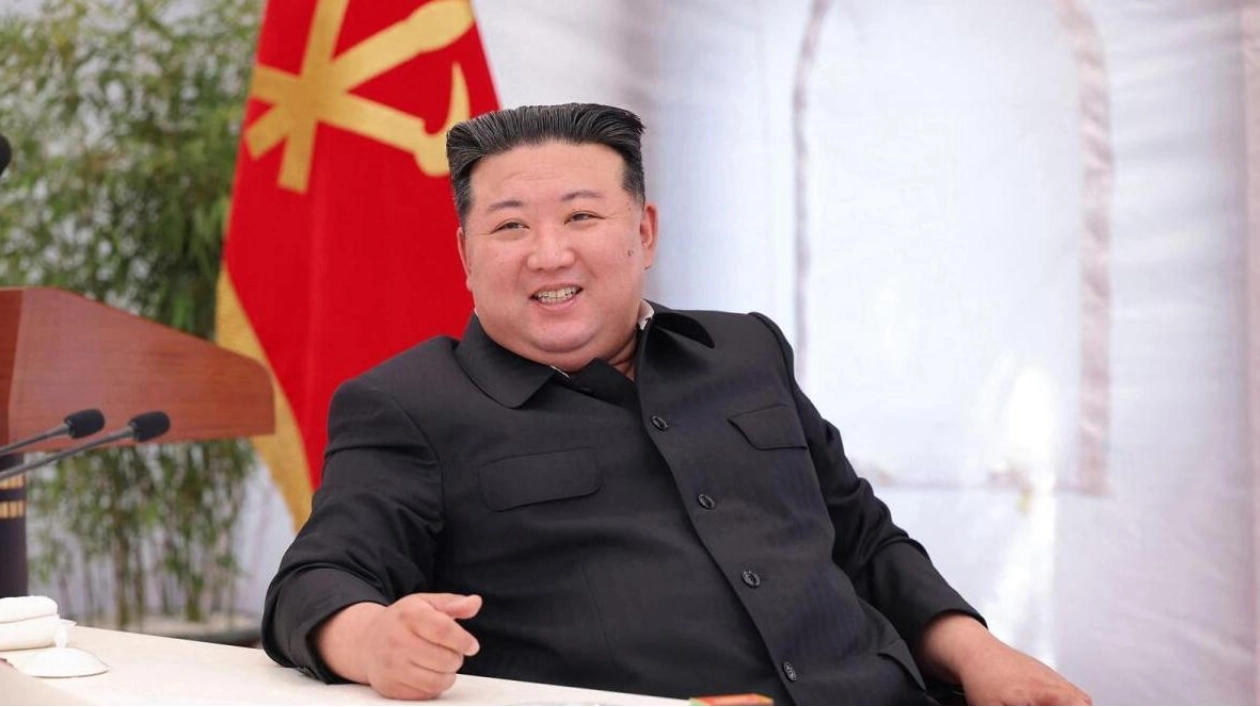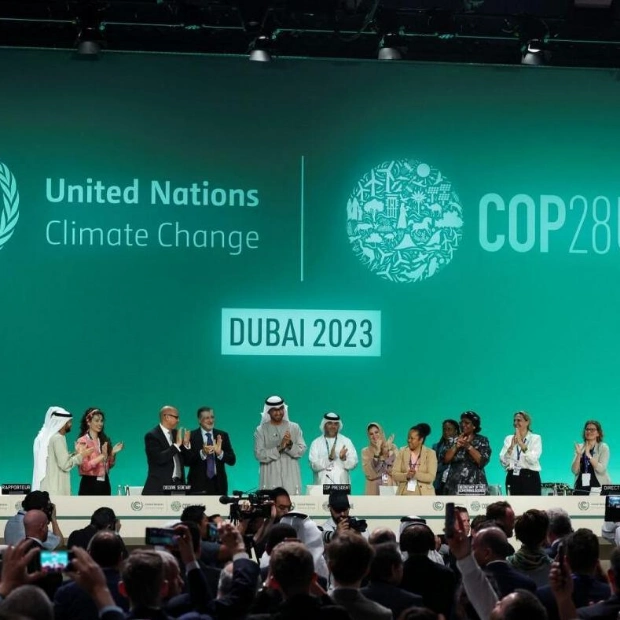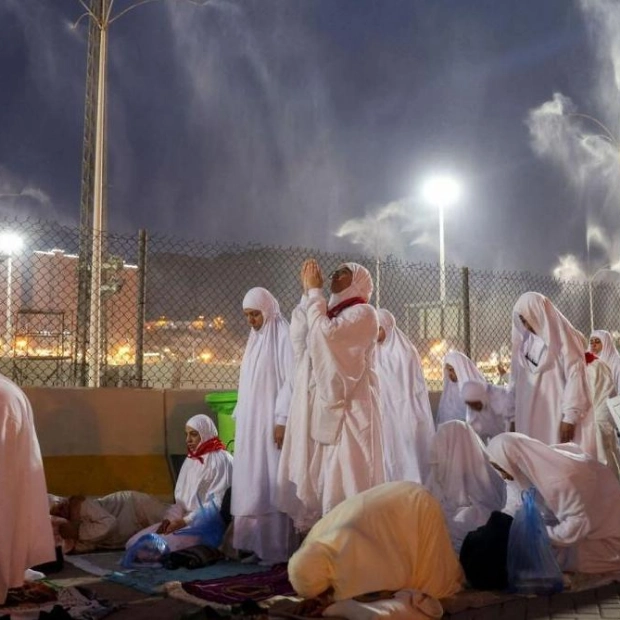In November, a senior North Korean diplomat stationed in Cuba defected to South Korea along with his wife and child, marking the highest-ranking defection since 2016, according to South Korean media reports on Tuesday.
Ri Il Kyu, 52, who was a counsellor at the North Korean embassy in Cuba, had previously disclosed his position to the South Korean newspaper Chosun Ilbo before his escape. Yonhap News Agency confirmed his defection, citing an anonymous government source. The South Korean unification ministry, responsible for inter-Korean relations, declined to comment due to privacy concerns.
Ri's duties at the embassy included preventing diplomatic ties between North Korea's rival, South Korea, and its old ally Cuba. These two countries established diplomatic relations in February. Ri revealed that he left Cuba with his family via a flight but did not provide further details on the risky escape plan.
North Koreans attempting to defect risk severe penalties, including death, as reported by human rights groups and successful defectors. In recent years, fewer North Korean defectors have reached South Korea due to stringent border controls and high broker fees. Last year, only 196 North Korean defectors arrived in Seoul, a significant drop from the 2,700 a decade earlier, according to South Korean government data.
Defection details often emerge months later, as defectors undergo clearance and education about South Korean society. Ri, who joined North Korea's foreign ministry in 1999, was commended by leader Kim Jong Un for negotiating the release of a North Korean ship detained in Panama in 2013. His decision to defect stemmed from disillusionment with the regime and perceived unfair evaluations of his work.
Ri's final decision to defect came after his request for medical treatment in Mexico was denied last year. The last high-profile defection was that of Tae Yong-ho, a former North Korean deputy ambassador to the UK in 2016. Tae expressed hope for a unification movement in a recent Facebook post, welcoming Ri's defection.
South Korean President Yoon Suk Yeol recently pledged enhanced financial support and tax incentives for North Korean defectors. Meanwhile, North Korea has closed some embassies, a move South Korea interprets as a sign of economic strain due to sanctions.






